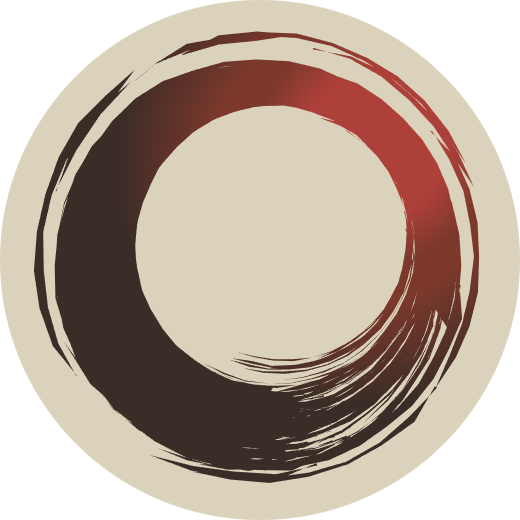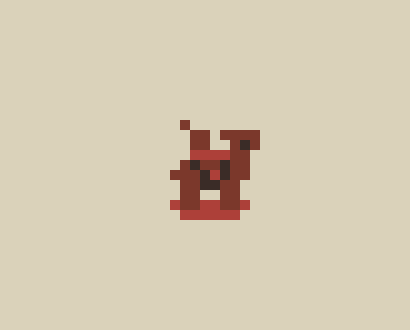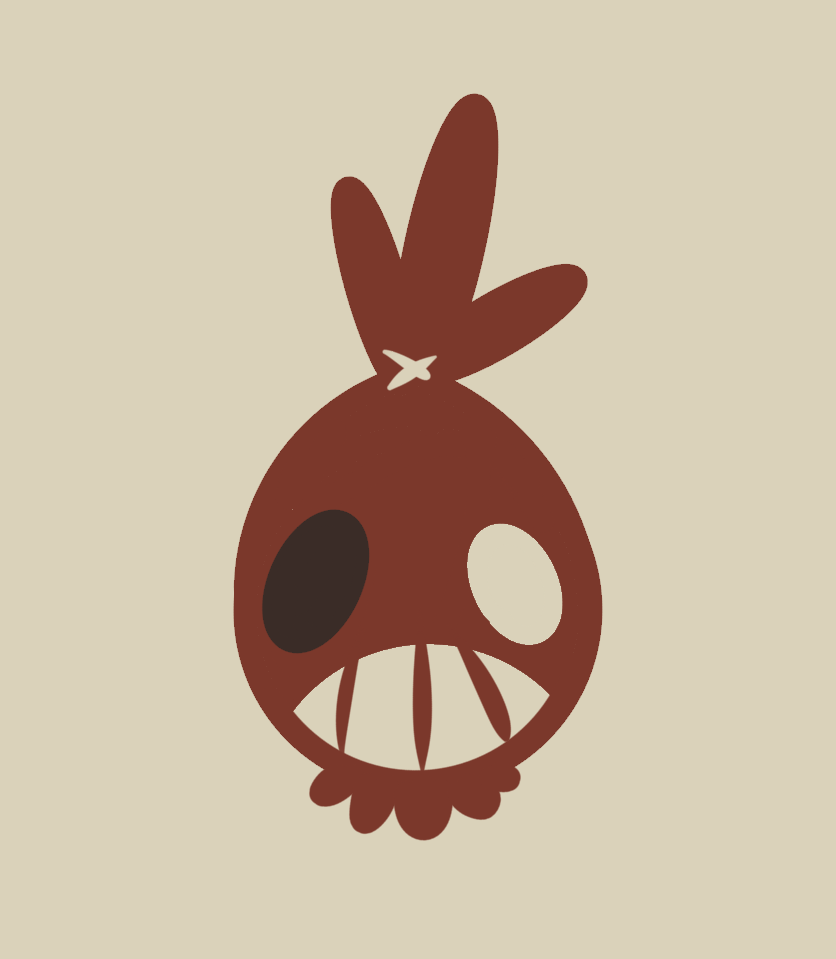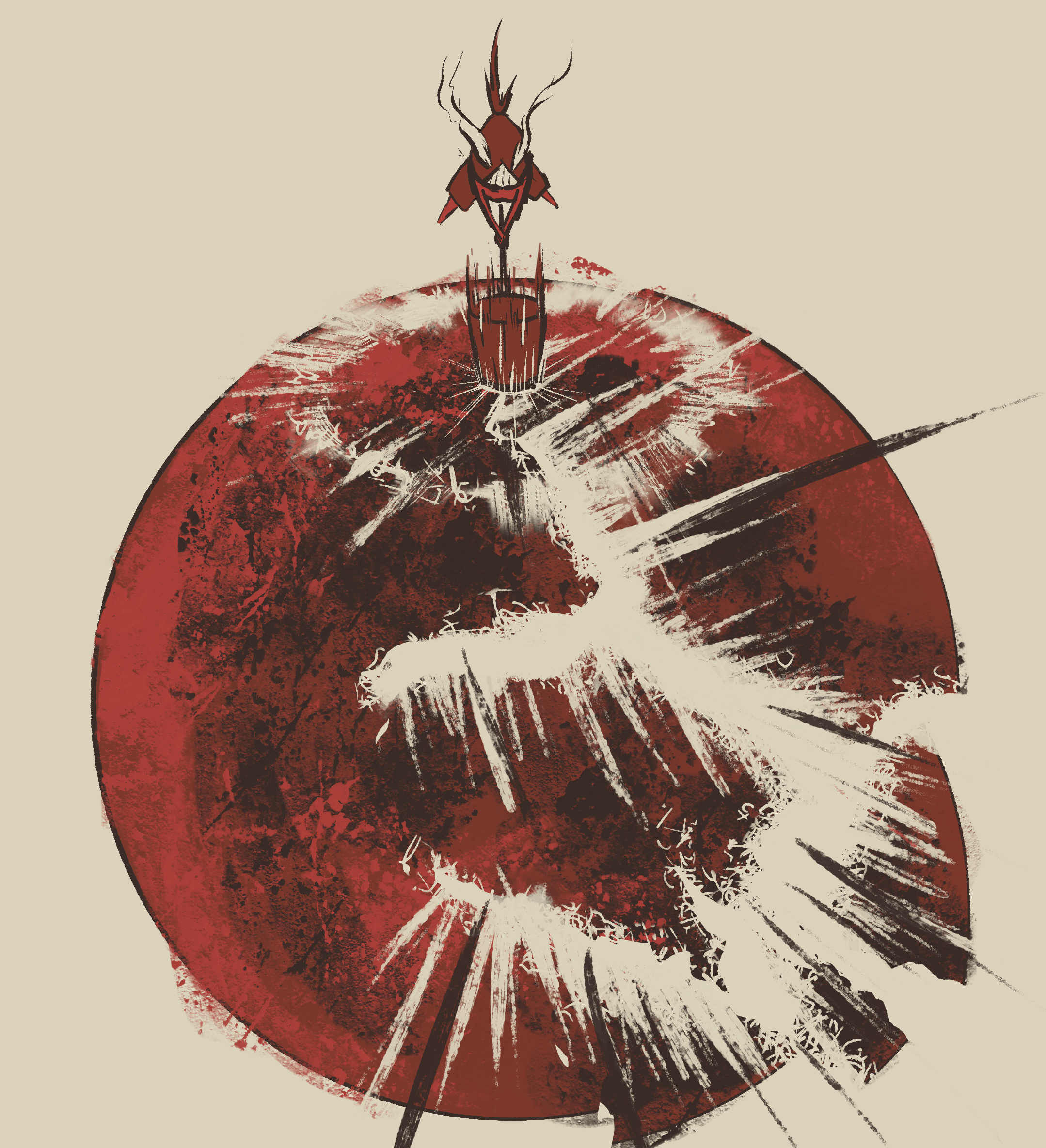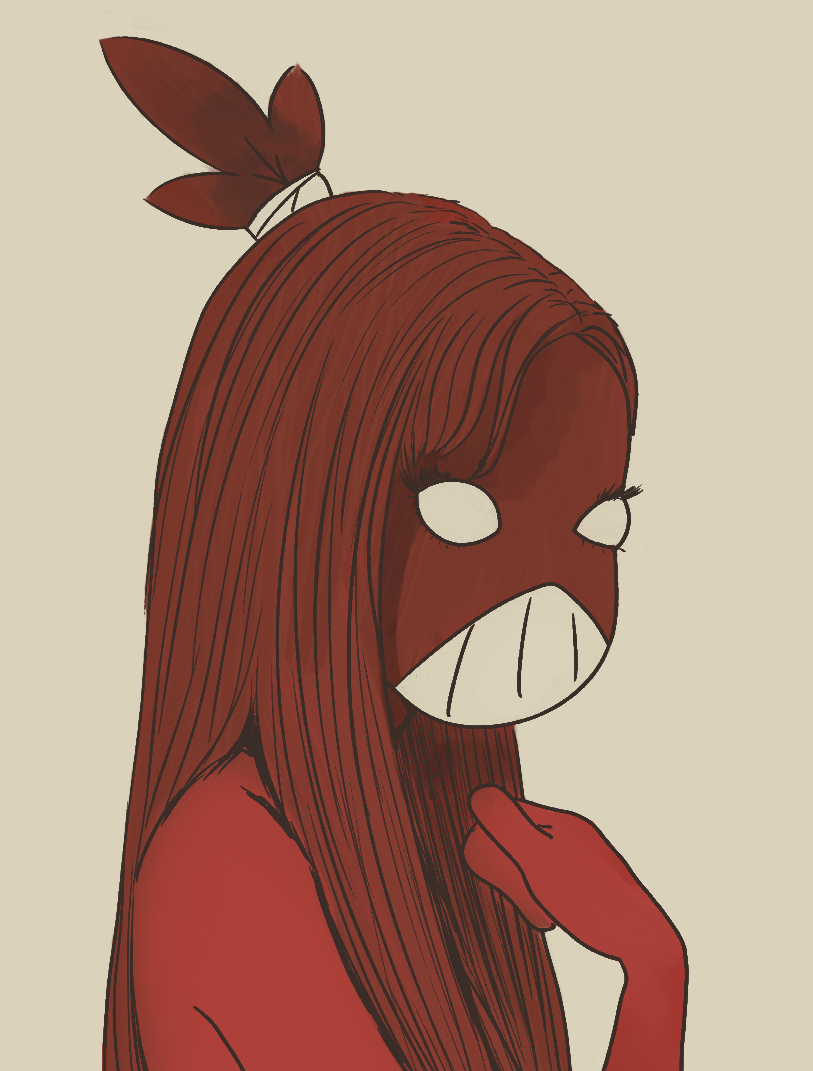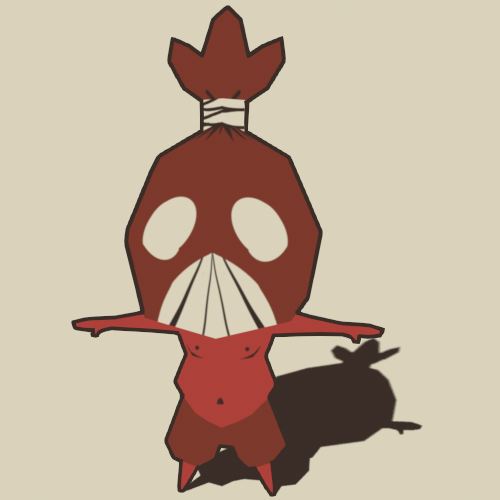Book Thoughts: Little Brother
I first discovered Cory Doctrow on Mastodon -- he was a well-spoken guy who posted ridiculously long threads that would completely consume my feed. After actually reading one of those threads and learning he coined the term "Enshittification" I figured I'd give one of his books a read.
I picked Little Brother at random. It's a young-adult novel about a middle-class teenage hacker developing a deep grudge against the US government (or a branch of it) after they go too far following a terrorist attack.
There were a lot of bits that weren't for me. The goopy teenage romance, the immaturity of most of the characters, the angst -- but this is a YA novel, so criticizing those things would be like complaining a horror movie was too scary for my tastes.
What was fun was how author didn't shy away from going full nerd-out on details about encryption key-pairs and other technical jargon that, while I'm already well-versed in them as a grown-ass computer-adjacent human, I would have absolutely found interesting and useful when I was a "young adult" myself. I really liked the "edutainment" vibes here even when it was covering stuff I already knew.
The story also resonated with me quite a bit more than I expected. Not so much the "middle class white boy mad at government" bit -- though I'd be lying if that didn't do something to the inner teenage me shouting "fuck you I won't do what you tell me" along with my RATM CD driving my mom's car at 17 -- but the "privacy isn't a matter of hiding things, its a matter of privacy" bit.
There's a line in the book, I'm paraphrasing here, to the tune of "Everybody takes a shit but that doesn't mean you want to do it where everyone's watching," and it rang a big bell in my head. That, combined with the absolute wild shit going in the U.S. really inspired me to spend a bit of time taking stock of my digital life -- and I wasn't that impressed.
I took the initiative to do a little bit of de-googling and switching up some of my dependency chain. I signed up for a secure email address and moved my web hosting to a paid plan with a small web hosting company. I made backups of my important shit and passwords, and I moved whatever friend chats were willing to over to Signal. With everything going on, I think everyone should take the time to educate themselves a little about digital privacy, regardless of your political beliefs or technical competency level. Install signal, get it installed for your loved ones. Figure out how to use a VPN and how to get back into your life if you get locked out of a service.
We're entering a weird age, and the billionaires that the people that control our maps, our phones, our entertainment, and every form of modern communication are banding together to do stuff. I suspect only those with net worths well beyond 50 million will be benefitting from that stuff.
If their masks are off, it's our collective responsibility to put ours on. Protect yourself and your loved ones. Maybe read a young-adult novel or two if you need a little help getting radicalized.
(Book was O.K. probably won't read the second one but I'll check out his other works)
Game Thoughts: Arco
How much hatred can you stuff into a handful of pixels? That's the question Arco tries to ask as you control a handful of characters through Mesoamerica to kill the "Newcomers" who are murdering your people for the gold and oil in your lands.
It's an absolute blast. The story is dark, but lined with quirky humour. The vistas are pixel-art masterpieces, and the characters are somehow still discernable despite being made up of only a couple pixels themselves.
The battle system's where the game shines the brightest. It's a very fresh-feeling tactics-style RPG where you plan out each character's action in freeze-time, then everyone on the screen moves at once. There's lots of skills in each characters' tree, and while there's really not a tonne of room for diversification (each character stays in their niche), the game's short enough that it didn't matter much.
There was one thing I very much didn't like about the game. The Ghosts. If you rack up too much "guilt" by making shit choices, ghosts will show up in battle. Unlike everything else on the screen they do not respect the time-freeze portions of battle and instead slowly approach while you're trying to make decisions.
When there's only one character in your party this isn't too bad, but since there's often times with more than one character you need to pick an action for before everyone moves these ghosts can be crazy stressful to be floating around.
As a result I ended up playing the "low-guilt" storyline. I have no regrets! I watched some youtube playthroughs and there's definitely more content if you go full-guilt, but I'll live having beaten the game myself once.
Great little game. Do recommend.
Comic Thoughts: Cutting Edge
I was in a random comic store the other day and found a hard-cover standalone comic titled Cuttting Edge by Dimitri Alberti for 50% off. I like standalone comics, and I certainly like 50% off, so I picked it up.
The cover states proudly "The Italian Neil Gaiman" which is probably why it was 50% off, but I assume the comparison was with comics like Sandman, and not an open admission of sexual assault (but Italian).
The story follows a team of rich and famous people joining an international scavenger hunt for the secretive company "Leviathan". They dig in and uncover secrets and dangers, and it was honestly pretty good spy-movie stuff up until the half-way mark. After that there's a time skip and the story completely fell apart. They add in some time travel silliness and a vague antagonist and it was honestly impossible to follow what the hell was going on. I had zero attachment to the story or any of the characters by the end.
I don't know if this was a case of "this was originally going to be a whole series but we cut it short", or just a disjointed mess from inception, but I can't recommend it.
Book Thoughts: A Darker Shade of Magic
This one's a bit odd as I usually carefully pick my audiobook choices. Instead, I got A Darker Shade of Magic as the second half of a two-for-one deal.
It's a light fantasy read without much umph to it. It was nice enough; the narrator was good and gave the main characters a lot of British cheek that matched the setting. The overlapped Londons of varying magical capacity was a fantastic idea, but the world-building was poorly executed.
Light spoilers ahead.
- Read the rest -
Thoughts: I've Become Illiterate
Obviously I don't mean literally illiterate as I'm clearly maintaining a blog. I read a lot every day of my life: Emails, messages, articles, posts, blogs, documentation, code. But I don't read books.
I do listen to a lot of books. I got through 20+ audiobooks last year, including the entire Lord of the Rings and several other monster novels... yet every time I pick up a book I fall asleep or lose interest.
I can still read manga just fine; I recently blasted through all of Chainsaw Man in 13 hours straight... But I pick up a novel and my focus is lost in under 5 minutes.
I can only assume this is a side-effect of the internet. My attention span has shrunk and I crave constant stimulation. Even with audiobooks I only listen to while doing something else -- walking the dogs, cleaning dishes. It's less of something I do for the sake of reading, and more something I do because I need stimulation firing on all cylinders all the time. I can't sit alone in the car and drive, I must have books narrated to me to all my senses are being occupied at any given moment -- something that words on paper simply will not give me.
I'm going to try to pick it back up. I'll start with easy thrills and high-fructose corn syrup fantasy to hold my attention and work my way up, but damnit I'm going to learn to read again.
Book Thoughts: Seveneves
Despite really not enjoying Snow Crash due to the sheer amount of cheese involved, I was convinced to try out some other Neil Stephenson works and picked up the audiobook for Seveneves.
I'm glad I gave the author a second chance as this work is definitely of a different make and model than Snow Crash.. though it wasn't without it's own different kind of absurd issues.
The premise of the book is very interesting: The moon's exploded and the earth will end -- what does humanity do? The story tries to follow that question and we watch, from the perspectives of several scientist-types, as humanity scrambles to save what it can of itself.
There's going to be a lot of spoilers in this one.
- Read the rest -
Comic Thoughts: Tomie
I've mentioned this in a previous post, but I've been a fan of Junji Ito ever since I read his Amigara Fault short comic. I've picked through other works over the years, but I've had a copy of Tomie sitting unread on my shelf for ages.
Tomie is a collection of short stories about an immortal girl (named Tomie, obviously) who repeatedly drives men insane with love for her, generally culminating in said men murdering her and chopping her into little bits.
It's a pretty fucked up concept, and the first couple of chapters definitely had a good gut-punch feeling to them as the concept was introduced and Tomie kept returning, but after a few of these stories it honestly started to get old. The stories each had a bit of merit, but most amounted to a "What if Tomie did THIS?" accompanied with a payoff at the end of a couple stellar body horror panels.
What if Tomie was underwater? What if Tomie was in the snow??
The final few chapters tied together a semblance of a larger narrative with some extra deranged nonsense, but the collection ended on a pretty unsatisfying note. I came for unsettling, and honestly the most unsettling story was the very first one in the collection, before any of the body horror or immortal girl stuff comes into play.
Year End: 2024
Another year has come and gone with its ups and downs. I've finished my last day of work for the year and already
descended into hedonism, forgetting the civilized world and consuming a full party sized pizza to myself in the
basement while grinding out roguelike games and generally being of no use to anybody whatsoever.
Note, this opening paragraph was written December 16th, and the hedonism has continued through until today.
I really liked writing up a year-end summary last year, so having finished what's likely my last book of the
year it is time once again.
- Read the rest -
Book Thoughts: Infomocracy
I saw the book Infomocracy listed as a "hopepunk" novel on some forum recently and it piqued my interest. As a fan of other modern alt-punk settings (solarpunk being of particular interest), the word "hopepunk" leapfrogged the novel to first-place on my reading list. As we rapidly arrive at the dystopian future predicted by so many cyberpunk novels, the hopepunk genre apparently aims to tell stories of non-dystopian futures and the challenges that come with obtaining or maintaining them.
The story takes place in a future where national borders have been dissolved, and the world is now cut up into micro-democratic sentinels, with many different parties vying globally for votes. These parties range from corporate-led to policy-led, and a central (neutral) group that provides information, or essentially is the internet.
A lot of the novel's configuration was reminiscent of one of my favourite sci-fi series: Terra Ignotia, though this was somewhere closer to the modern world and reality than Palmer's series was. It felt attainable, like it could be the world in 50 years if things don't continue to go to shit.
- Read the rest -
Game Thoughts: Mouthwashing
The second low-poly-aesthetics game I picked up recently was Mouthwashing. I'd heard a bit of commotion made about this one and was excited to jump into it as I'm a fan of narrative-only games.
This one was dark. Like, Children of the Sun was dark, but Mouthwashing put it to bed.
You play as the captain(s) of a stranded cargo-hauling spaceship, and the game primarily consists of scenes where you navigate the small ship and talk to your crewmates as they become increasingly desperate, with the occasional minor puzzle or micro-minigame like making a cake.
Potentially a slight spoiler here, but I've mentioned before that I had trouble in Disco Elysium willingly playing a horrible person. You don't get a choice in Mouthwashing. You play as a horrible person and you find out just how horrible as you go. You witness the human failings of the crew as they fall into insanity, and everyone suffers the entire time. It was awful and it was magnificent. It was literature.
I need to address again how refreshing the game was aesthetically. Something about the washed out colors and low-poly visuals felt amazingly on-point and I want to explore more games using low-end 3D to tell compelling stories.
Highly recommended, but maybe check the trigger warnings.
